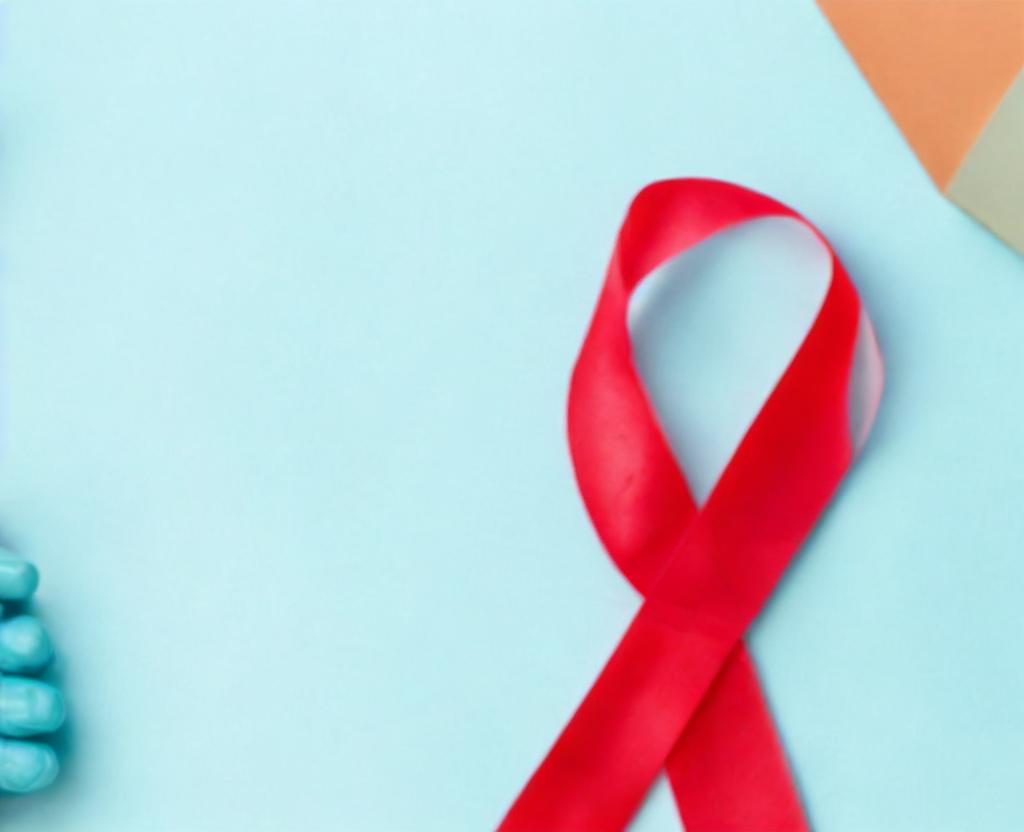
National Women And Girls Hiv/aids Awareness Day
Observed annually on March 10th, National Women and Girls HIV/AIDS Awareness Day, empowers people around the world with knowledge and facts about HIV/AIDS. It also focuses on the often overlooked effect it has on women and girls.
According to the CDC, HIV diagnoses in women have dropped by 21%. However, over 7,000 new cases were reported in 2017. In 2017, over 7,000 new cases were reported. The only way to prevent HIV is to avoid HIV. Other important facts you may not know include: The following are some common facts you may not know:
- Condom use reduces the risk of infection. Every time you have sex, use a new condom
- Testing is the only way to find out if you have HIV
- Pre-exposure prophylaxis (PrEP) provides hope for couples in situations where one partner has HIV and the other does not. Speak to your doctor about taking daily PrEP
- Medical attention should not be put off by medical attention.. And even if you already know your HIV status, putting off needed treatment can jeopardize your health in unnecessary ways. 1-800-799-SAFE (7233) If you or someone you know isn't seeking assistance out of fear of violence or rejection, please call the Domestic Violence Hotline at 1-800-799-SAFE (7233)
- Medicine has existed a long time since the baby. If you're pregnant with HIV, the risk of passing it to your baby is less than 1%, but it's still important to work with a healthcare specialist. Don't wait. Don't wait
- HIV is spread by needles, syringes, or other medical devices. Never give needles out. It raises the risk of infections
- Do you live with HIV? Do you live with HIV? Take your medications as directed daily. It reduces your viral load and decreases the risk of transmitting HIV during sex to an HIV-negative partner
Awarenessday of #womengirlshivaidsawarenessday
- Change your social media profile to reflect your concern for HIV/AIDS patients and families. AIDS is a virus that can cause HIV and family members
- Women will be encouraged to test at clinics, and clinics will host testing sights. Some pregnant women will be asked to testify, while others will be requesting pregnant women'
- To learn more about HIV/AIDS prevention, visit www.edu.gov to learn more about HIV/AIDS prevention
- More women and girls are being tested is encouraged, and more women and girls are encouraged to be tested
- Provide services to those living with the disease. The disease is prevalent in the United States
- Talk to our children about the disease and how to protect themselves
- Learn how the disease has spread and helped remove the stigma
- Take a friend with HIV out for lunch and show your love
- To post on social media, use the hashtag #WomenGirlsHIVAIDSAwarenessDay.
The national women and girls hiv/aids awareness day is the first national women and girls hiv/aids awareness day in history
Every year, the Office on Women's Wellbeing (OWH) within the Office of the Assistant Secretary of Health and Human Services coordinates National Women and Girls HIV/AIDS Awareness Day to raise concerns about the benefits of being tested for HIV/AIDS.
Hiv/aids FAQ
Q. Where can I be screened for HIV?
A. Multiple facilities provide HIV testing. Where you live, look for these places: Look for these facilities where you live:
- Physician's office
- STD or sexual health clinics in STD or sexual health clinics are often found in STD or sexual health clinics
- Medical centers
- Health department
- Family planning clinics are located in the United States
- Treatment programs
For more details, visit www.cdc.gov for listings.
Q. Is there a cure for HIV/AIDS?
No. A. No. A. No. Several treatment options are also available for those living with HIV/AIDS, and research continues, and many treatment options are also available for those living with HIV/AIDS.






